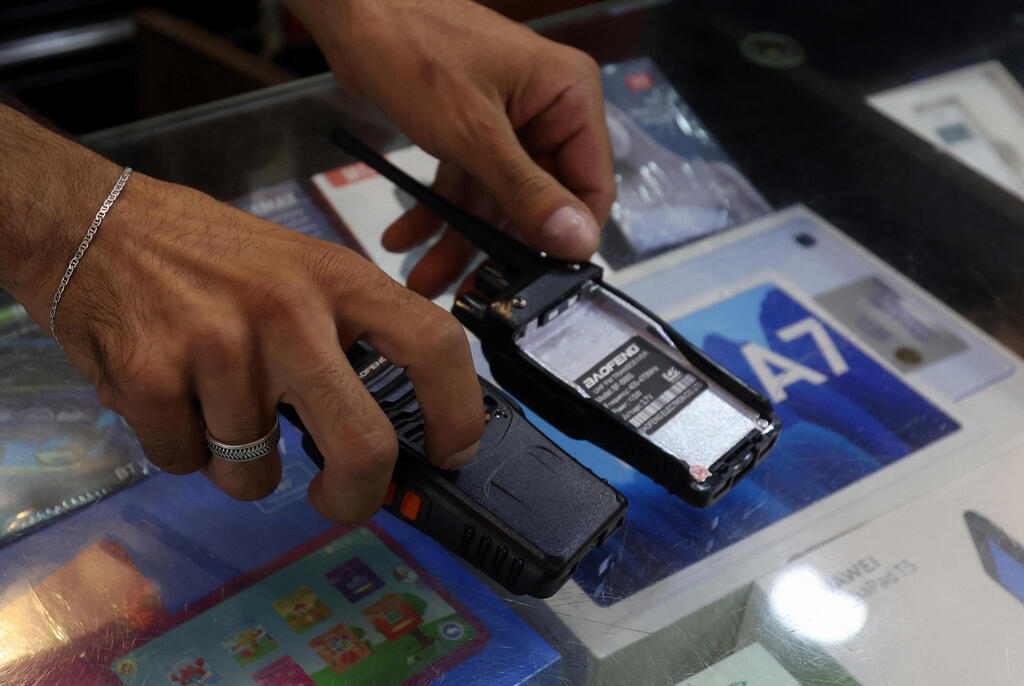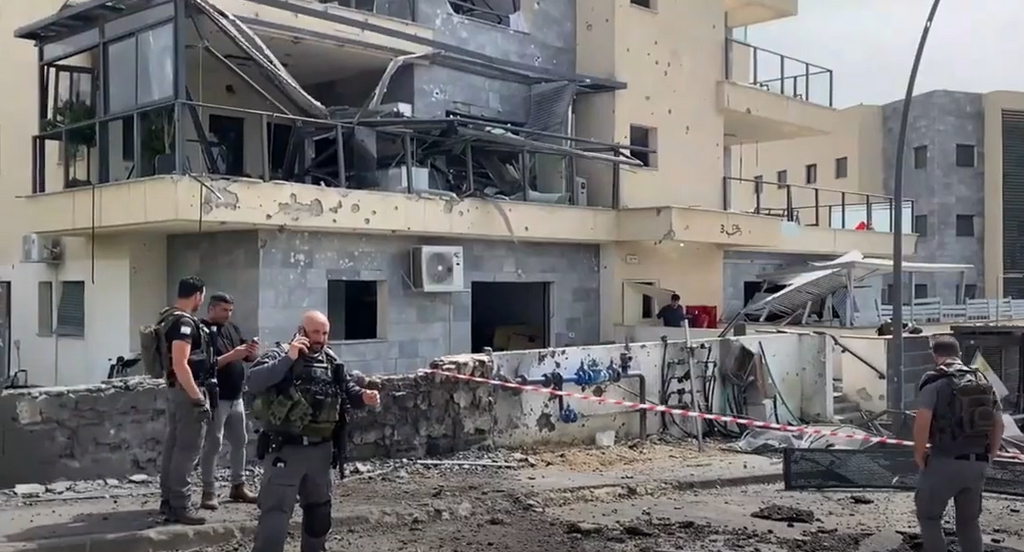Getting your Trinity Audio player ready...
At least 32 people, including two children, were killed and thousands more injured, many seriously, after communication devices used by Hezbollah exploded across Lebanon on Tuesday and Wednesday.
In the latest round of blasts yesterday, walkie-talkies exploded, killing 20 and injuring at least 450 people, according to Lebanon’s Health Ministry.
Despite not admitting this publicly, Israel is considered to be behind this accident, and for this reason, a possible retaliation from Hezbollah may occur.
After almost a year of crossfire between Israel and the Shia militia, which deeply affected both countries and their citizens, this time seems inevitable an open war front.
“No one saw this coming. There are many things that we don’t know about. This proves that we are not alone and that the IDF is everywhere to protect us. It was a surprise for everyone, but it was indeed incredible,” commented Mark Lagunov, manager of the Golan Brewery in Katzrin.
Nadia, a resident of Katzrin, had a different opinion: “If what happened is true and Israel is behind it, well, this is terrible news. War is not a good thing, and I stand against these methods that generate further fear and chaos.”
In the immediate aftermath of Hamas’ October 7, Jewish communities both in the southern and northern parts of the country were evacuated (or self-evacuated) from their homes for safety reasons, reaching almost 250,000 people.
As of June 2024, about 90,000 Israelis remained internally displaced from the north, according to data provided by the UN.
Additionally, according to the UN, 95,000 residents have been evacuated from southern Lebanon, and over 90 civilians were targeted by IDF strikes.
Throughout the months, both the northern part of Israel and the southern part of Lebanon became “buffer zones” and ghost towns, profoundly impacting the lives of people who used to inhabit those areas.
In Israel, the government decided to financially help those families affected by the conflict and offered temporary accommodation in hotels within the country.
Almost a year has passed, and thousands of families still find themselves trapped in hotels away from their homes.
The Caesar Premiere Hotel in Tiberias is an example of this phenomenon, hosting more than 400 families internally displaced from the northern border.
“Most of the people that we are hosting come from Kiryat Shmona and nearby kibbutzim. Despite being in a difficult situation, we are trying to sustain them in any way possible by providing food and emotional support to make them feel at home," affirmed Eran Ohayon, manager of the Caesar Premiere Hotel in Tiberias.
“In case of a possible retaliation that may affect the area of Tiberias, we have bunkers that can host all the guests. Moreover, the government financially sustains each family and us as facilities, which is important for not leaving anyone behind,” he added.
Talking with families staying at the hotel, the common feeling is collective tiredness. Everyone shared the same fears about the future and hoped to return home soon.
“I don’t complain about the hotel and the services offered, but we have been here for almost a year. It is inhumane what is happening to us. We just want to return home. Me and other members of my kibbutz founded the place, and being away is painful,” said Yehuda, who was displaced from Kibbutz Bar Am close to the border with Lebanon.
“How long can you stay away from your home? After a week of enjoying the hotel's services, you want to return to your comfort zone and your place. It is not manageable to carry on like this”, stated Yanai Shlomi, coming from a kibbutz in the south and visiting his relative Yehuda, who has been living in the hotel for 11 months.
- Giorgia Valente is a recent graduate of Ca’ Foscari University of Venice and an intern in The Media Line’s Press and Policy Student Program.




